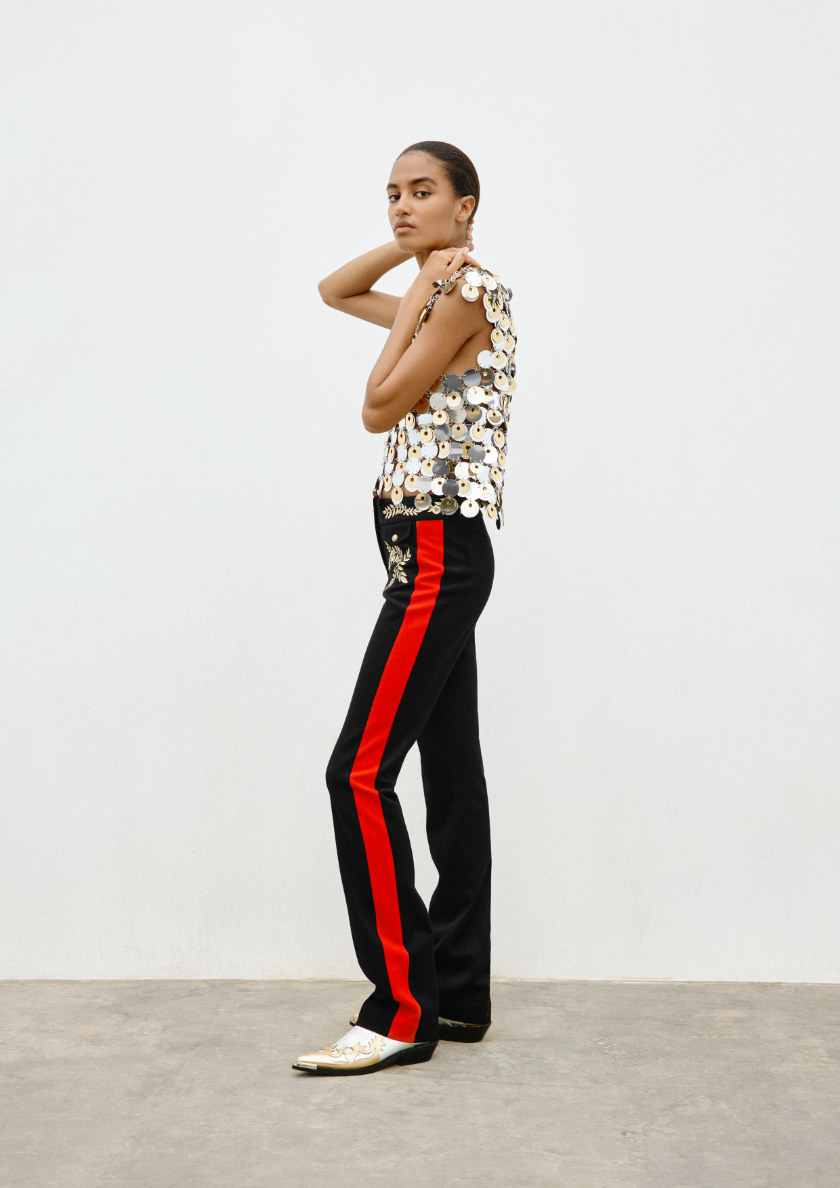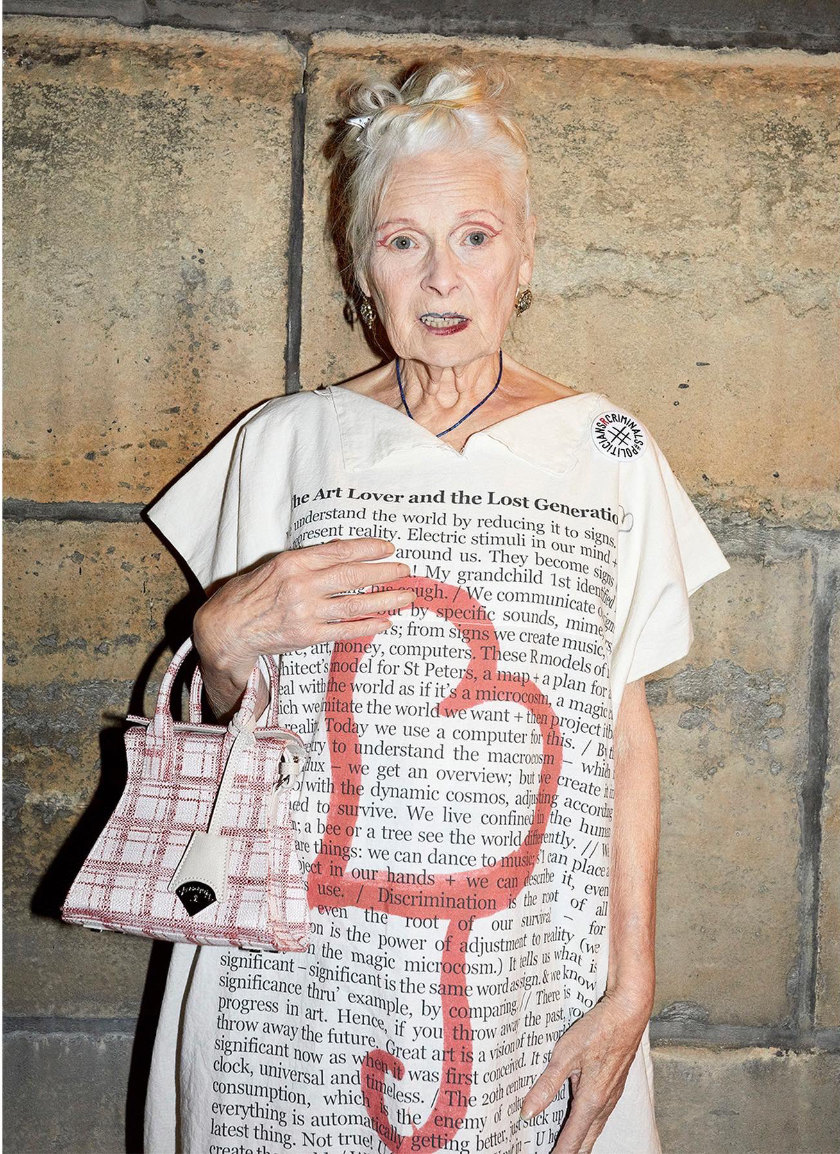Things certainly go in waves. My other half and I were talking about New Zealand designer Megan Tuffery and how I stayed with her and her husband in Bruxelles 20 years ago. Fashion itself was in the Zeitgeist back then: it was more present in everyday culture and, at that time, even the local fashion festival was being seeded by a city fund. It wasn’t just here in Wellington—we were partnering with fashion weeks in København and San Francisco, which turned out to be our first contact with then-mayor Gavin Newsom. How small the world seemed as air travel had become more affordable, and there was only one way for this industry to go: up.
Except it didn’t. Once the city’s seed money for fashion ran out, there hadn’t been anything notable on the events’ calendar here. The great Wellington brands of that time—Megan, ZFA, Andrea Moore, Robyn Mathieson, Starfish—are no more (though Starfish’s Laurie Foon is now deputy mayor of Wellington). We still hear from San Francisco, where an independent event took place, but this was a state where once upon a time, LA looked like it could rival NYC in establishing a trade week. Sex and the City has been and gone the void has never been filled, and even Zac Posen, who featured first here and then on the show, shut up shop. Come the 2020s we would look back to the 1990s as a glamorous decade but that’s not how I remembered it …
There’s always a lull after the exuberance, and once again the 1970s seem instructive. ’Seventies fashion never dated well in my eyes, and neither will a lot of what I saw at the Fashion Awards earlier this week. The space race and the muscle car gave way to inflation and earthly concerns. Your neighbours became more important. We were worried about the environment and self-sufficiency was a goal. Organic food and buying local were desirable. Sound familiar?
Marketers had long predicted the return of the “we” decade—after the extra-conspicuous consumption of the 1980s it was accepted by many than the 1990s would see us return to our senses. Except that never happened. The 1990s, the 2000s, the 2010s: where there was money to be made, the cycle continued. The global financial collapse of 2008 should have been a wake-up call but before long, everyone wanted to return to la-la land. Bitcoin! NFTs! Speculation! Let’s pay people less and force more countries into a race to the bottom!
But this time it doesn’t seem as simple, with even democracy under assault. There are countries mired in conflicts with histories extending back decades if not centuries, and real people suffering. If you can’t trust the establishment—in the 1970s Americans had to question it, post-Vietnam, post-Watergate, while the UK faced industrial unrest and blackouts—then you’ve got your community.
As then, fashion isn’t in the Zeitgeist: there are fewer documentaries looking at the big names in fashion, certainly none that capture the imagination like the BBC’s The Look, for instance. Designers are still turning out amazing work, and there are still beautiful models, but the amount who become household names seems to be at a similar level to five decades ago. We have deeper things to think about. Rita Ora showing up in Primark to the Fashion Awards is admirable—of course I want fashion designers to get exposure and support, but I also get the anti-establishment energy that comes with her choice. It’s a statement about where we’re at.
When Dame Vivienne Westwood passed away just under a year ago, she was praised rightly for her activism, and to the general public that almost seemed that was more important than her role as a fashion designer. Dame Vivienne hacked culture and that was cool. Punk was the spirit that brought her prominence.
With inflation driven by corporate greed, with companies offering less and charging more—or finding ways to extract more private data from citizens since there was little left to privatize—then the appetite for kicking the establishment in the goolies is well and truly primed.
There is a greater appreciation for indigenous cultures, of what they offer the world. There are more opportunities to network and create global movements, regardless of what social media can provide: email is still there, as is the technology for people to set up their own servers. If global culture is to be shaken up and we’re going to be awakened, then we had better be sure of what we will put in its place.
There are idealist politicians waiting in the wings that we need to vote for if the political structure is something we want to keep. And if not, then we can’t make the mistake of the 1970s and believe in rhetoric about brighter futures—if it is being propped up by oligarchs. Whether you are on the left or on the right, it seems there is a common enemy: those who want to run our lives and dictate our jobs and freedoms. Right now the oligarch class is doing, and seeking to do, just that.
I think Dame Vivienne wanted to shine a light on this (as do the likes of Greta Thunberg or the Hon Chlöe Swarbrick here in New Zealand). It is why she protested nuclear weapons, dedicated a collection to Chelsea Manning, and visited Julian Assange. I don’t think you can label this activism left- or right-wing. Human rights, justice and fairness don’t have political bents: they just are.
Jack Yan is founder and publisher of Lucire.









